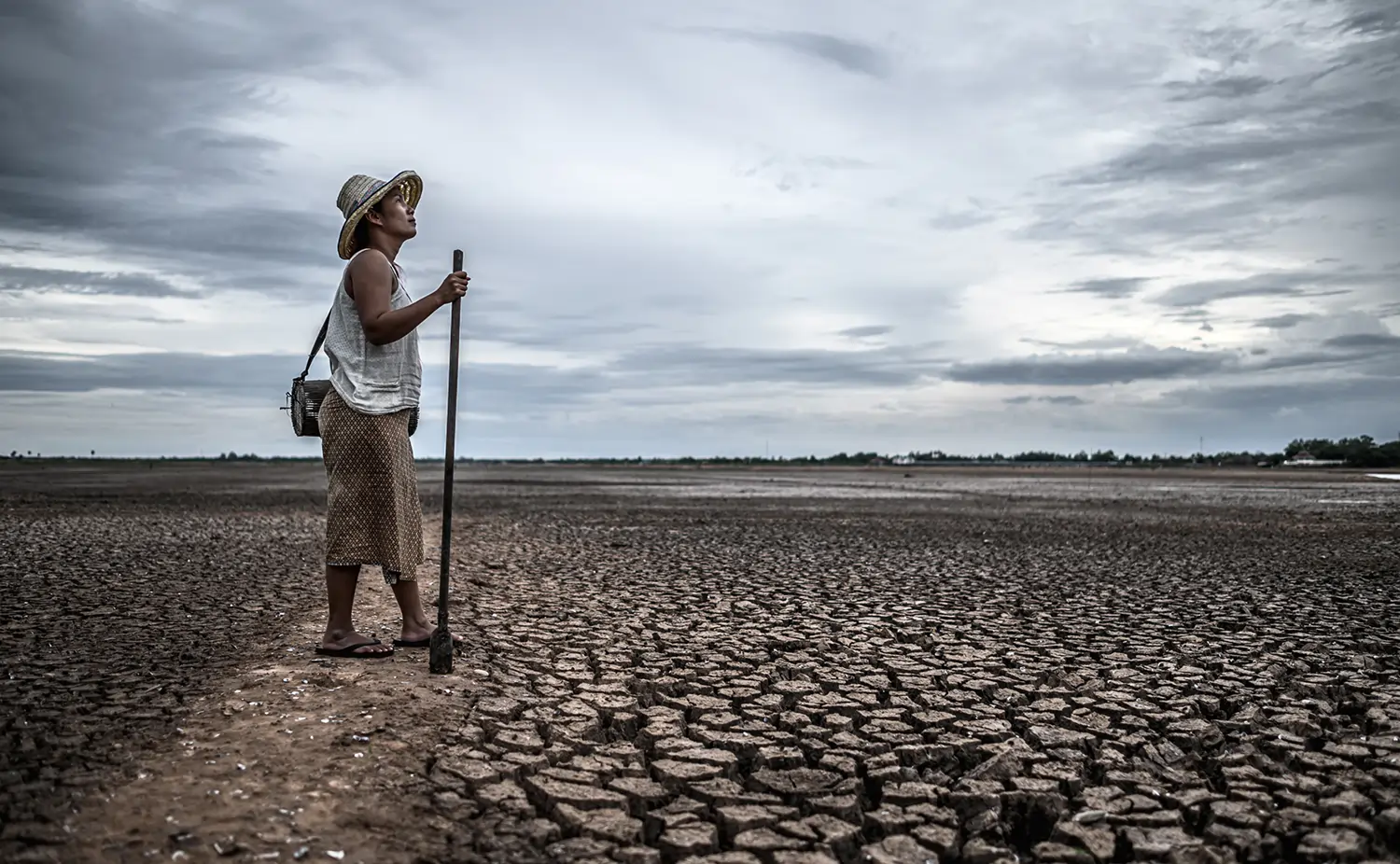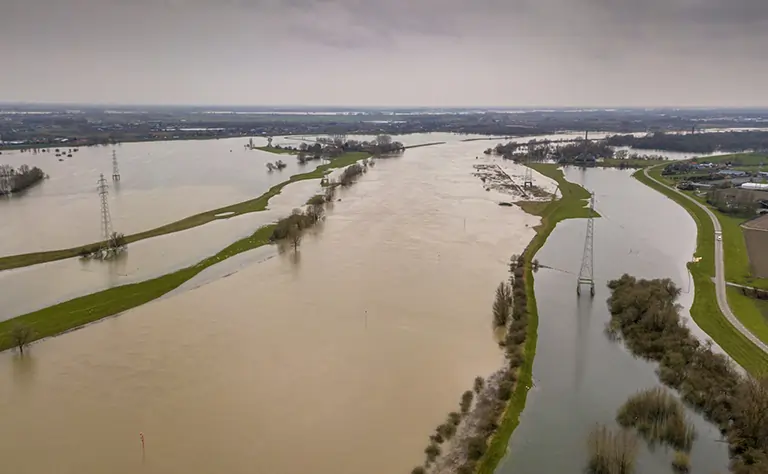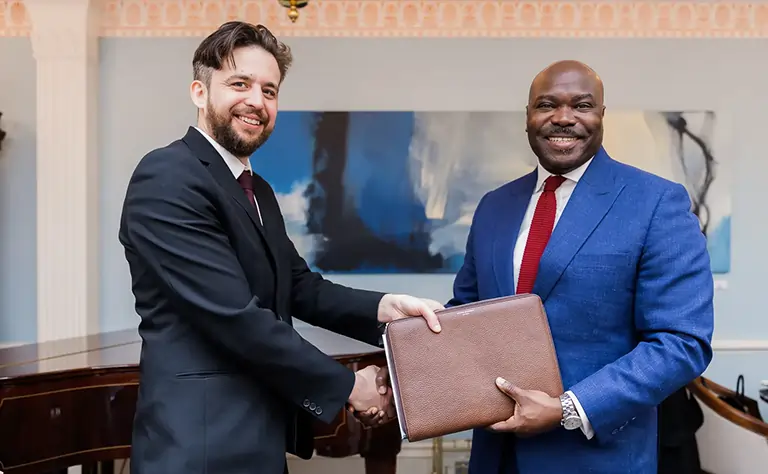From Crisis to Opportunity: IMF’s Wake-Up Call for Sub-Saharan Africa’s Economic Future
The International Monetary Fund (IMF) has issued a call to action for Sub-Saharan Africa to address a serious cash shortfall that has gripped the region as the world’s economies struggle to recover from the pandemic. According to the IMF’s most recent study, regional growth is predicted to decelerate to 3.6 percent in 2023, citing a “big funding squeeze” caused by the drying up of aid and access to private finance as a primary cause for concern.
Inaction might have disastrous implications, as governments may be obliged to restrict fiscal resources for critical development areas such as health, education, and infrastructure, preventing the region from attaining its full potential. While the news is unambiguously bleak Abebe Aemro Selassie, Director of the IMF’s African Department, has urged countries to undertake reforms and policies that will strengthen their economies’ resilience.
One of the major issues confronting Sub-Saharan African governments is their inadequate revenue collection. With a median tax ratio of only 13% of GDP in 2022, compared to 18% in other emerging and developing economies and 27% in established nations, much work remains to be done to remedy this imbalance.
To address this issue, Selassie emphasised the significance of mobilising domestic revenue while also protecting domestic economies from foreign shocks by enabling currency rates to fluctuate and recalibrating interest rates to better reflect inflation.
The IMF has already provided the region with billions of dollars in financing since the start of the pandemic and will continue to work with governments to develop policies that are tailored to each country’s specific needs. In Selassie’s own words, “we are deeply engaged with working with countries to navigate and to put in place the right types of policies in each individual country.”
Rethinking Fiscal Policies; IMF’s Reform Agenda
The IMF’s Regional Economic Outlook for Sub-Saharan Africa highlights four key priorities that can help the region navigate the current funding squeeze and address macroeconomic imbalances:
- Consolidating public finances and improving public financial management entails ongoing revenue mobilisation, improved risk management for the government’s finances, and more proactive debt management. A strong debt-resolution system is necessary for nations that need to restructure their debt or reprofiling in order to free up fiscal space. Countries can better manage their resources and utilise the available cash by integrating public finances and bolstering public financial management.
- Containing inflation: High inflation rates disproportionately impact vulnerable populations by diminishing household purchasing power. Monetary policy should be carefully navigated until inflation is firmly on a downward track and forecast to return to the central bank’s target range in order to manage inflation. This may involve a variety of actions, including careful macroeconomic policy implementation and interest rate adjustments.
- Allowing the exchange rate to adjust, while mitigating adverse effects on the economy: Exchange rate fluctuations can have significant impacts on the economy, including rising inflation and debt due to currency depreciations. Allowing the exchange rate to adjust can be important for maintaining competitiveness, but it is essential to mitigate any adverse effects on the economy. This can involve a range of measures, such as implementing targeted interventions to support vulnerable populations, and ensuring that debt is sustainable.
- ensuring that crucial initiatives to combat climate change do not compete with financing for basic essentials: One of the biggest problems the world is currently experiencing is climate change, thus investing in solutions is crucial. However, it’s also crucial to make sure that funding for necessities like health and education doesn’t get squeezed out by initiatives to combat climate change. This may entail the international community providing more climate funds while making sure that it is supplied in addition to current aid flows.
The necessity of smart macroeconomic policies, long-term debt management, and targeted assistance for disadvantaged groups are all highlighted by these four priorities. Sub-Saharan African nations may better handle the current budget crunch and position themselves for equitable, sustainable growth in the future by tackling these concerns. By supporting its members and remaining prepared to offer additional assistance as needed, the IMF is doing its bit.
IMF’s Commitment to Help Sub-Saharan Africa Flourish
In light of these issues, it is encouraging to see the IMF step up to assist Sub-Saharan Africa. As we move forward, it is critical that regional governments take strong action to solve these concerns and create a better future for all of their inhabitants.
The summit made it abundantly clear that the situation in Sub-Saharan Africa is dire, and that immediate intervention is required to alleviate the financing crunch that is now stifling the region’s progress. While the IMF provided some $50 billion in financing to assist the region during the pandemic, this is only a stopgap measure, and more extensive reforms are required to create long-term economic growth.
Looking ahead, the outlook for sub-Saharan Africa remains uncertain. While the IMF is committed to supporting the region, it is clear that much work remains to be done to address the underlying issues that are holding back economic growth. With the right policies and reforms in place, however, there is reason to believe that sub-Saharan Africa can achieve its full potential and become a beacon of economic progress for the world to follow.



